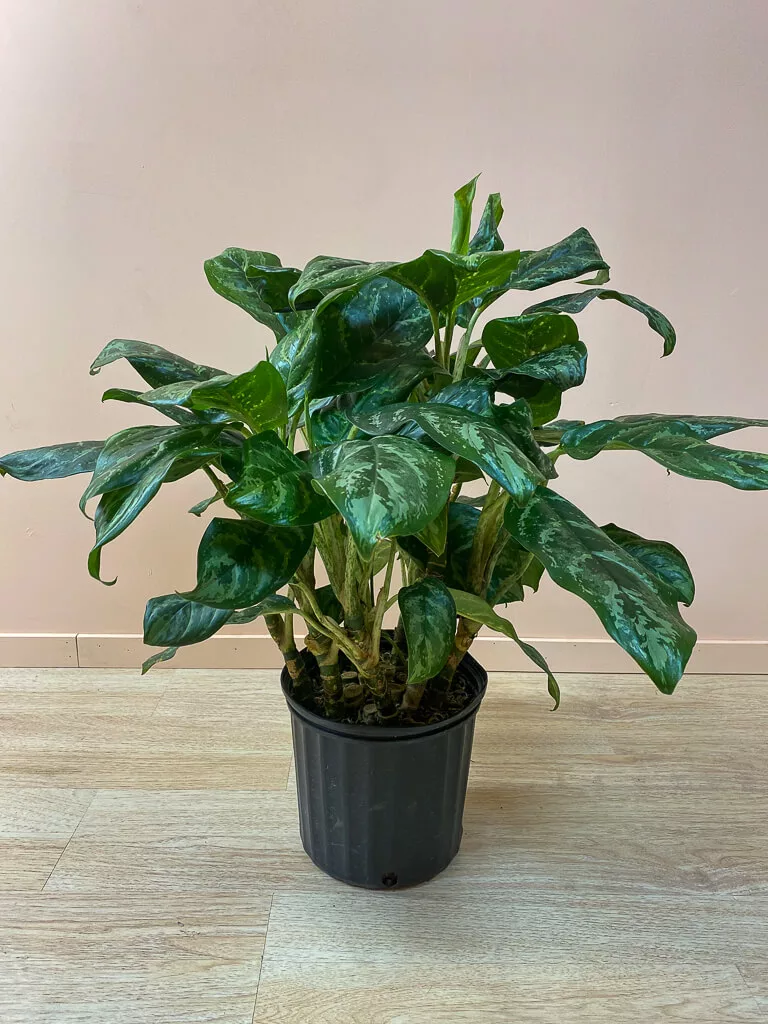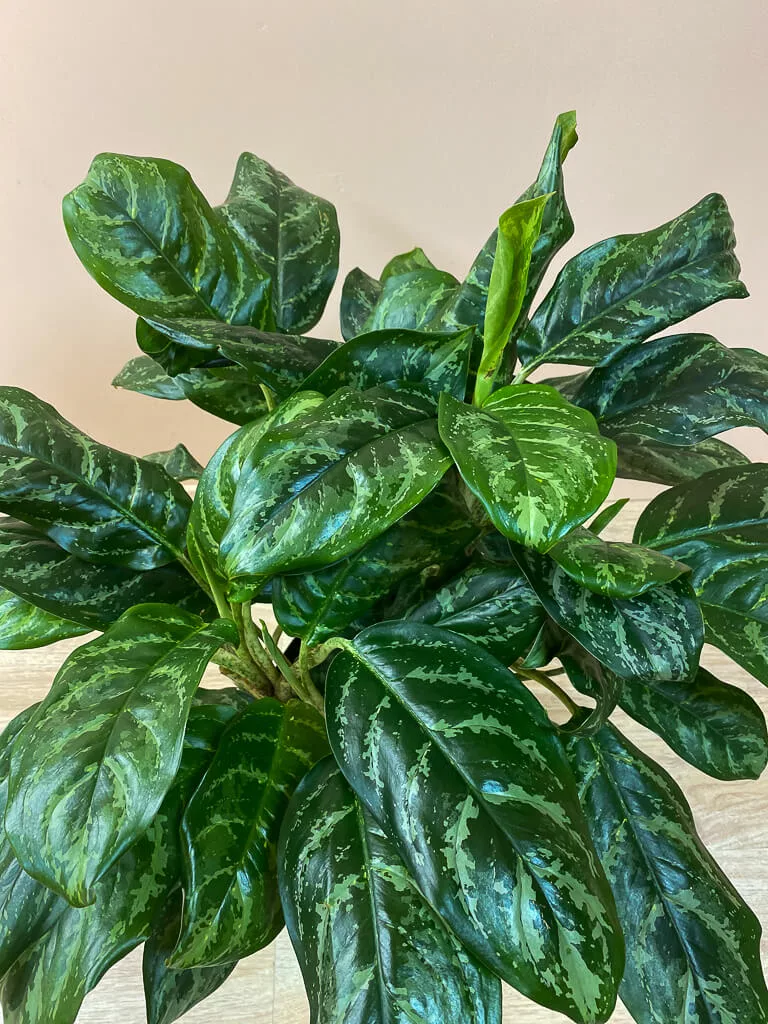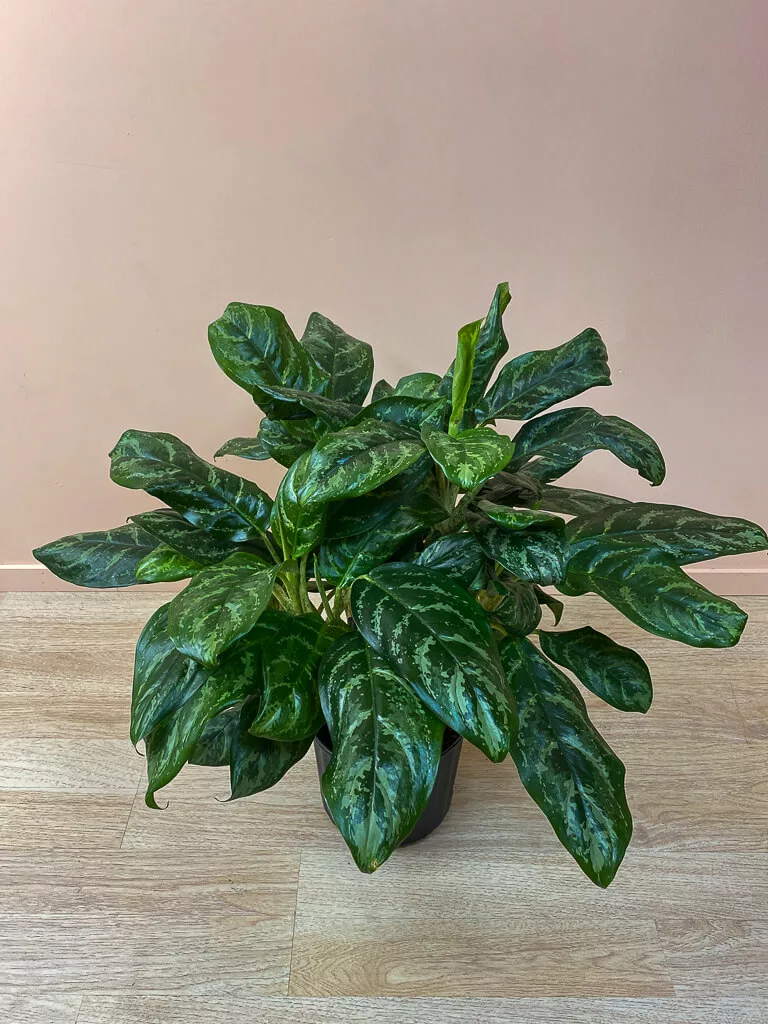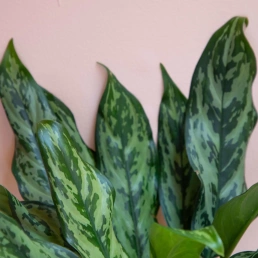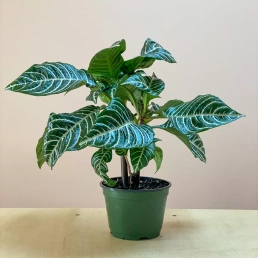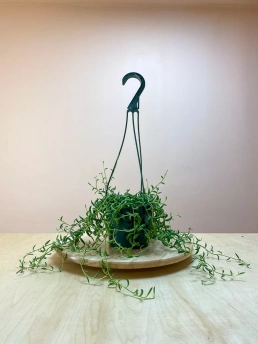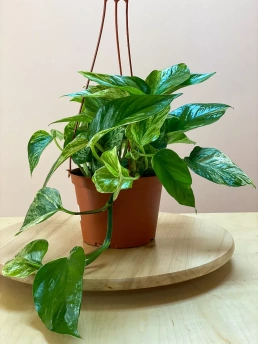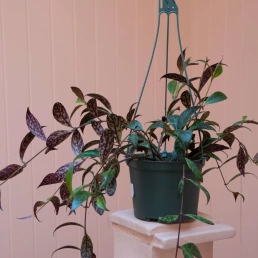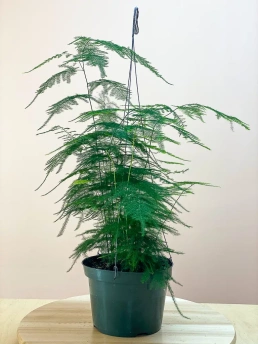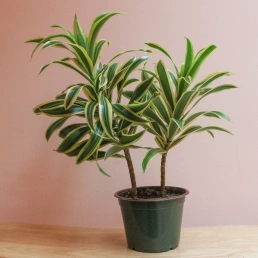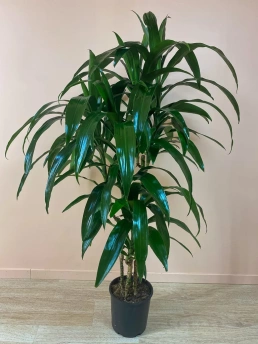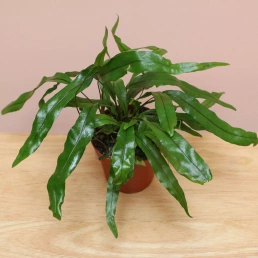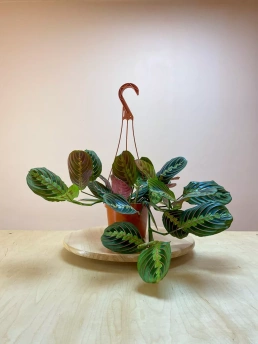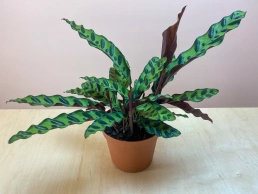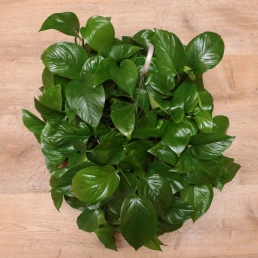Description
The Dirt
Native to regions of Asia and New Guinea. These plants were introduced to the West in 1885. Aglaonema derives from the Greek word aglaos which means shining and nema meaning thread. They are slow growing and can start off small but can grow larger and wider over time. These can be easily propagated with cuttings and by dividing the shoots. Aglaonema’s are good plants to purify the air and remove toxins like formaldehyde and benzene, but are poisonous if ingested.
Shade
This plant likes a spot that gets low light or no direct sunlight at all, few plants are ok with this light condition. Pick a room with a north facing window, or a spot far from a bright window.
Medium
Water once a week. Before watering, feel the soil, top layer should be dry, if not dry wait a day or two. If the soil still is wet you risk giving the plant too much water, you don’t want it to rot.
Pet Toxic
Only when ingested it may cause mild oral and gastrointestinal upsetness. Keep out of reach from pets and small children.
Aglaonema Calypso
Care Tips
If the leaves get too cold the leaves can show dark or greasy looking patches
Direct sun can damage the leaves and turn them brown
If overwatered the leaves can turn yellow
This plant enjoys humidity so purchasing a humidifier is a good idea or mist the leaves once a week
Native to regions of Asia and New Guinea
Common Names
Chinese Evergreen
Botanical Name
Aglaonema Commutatum
Family
Araceae

